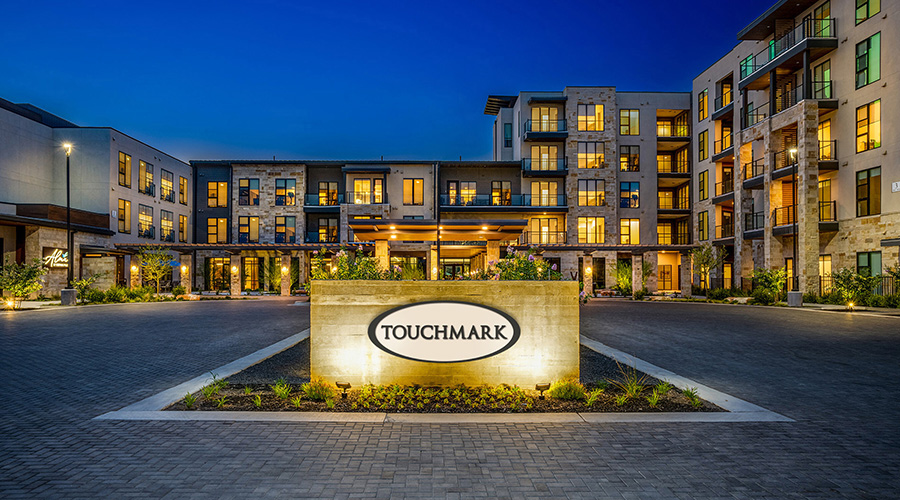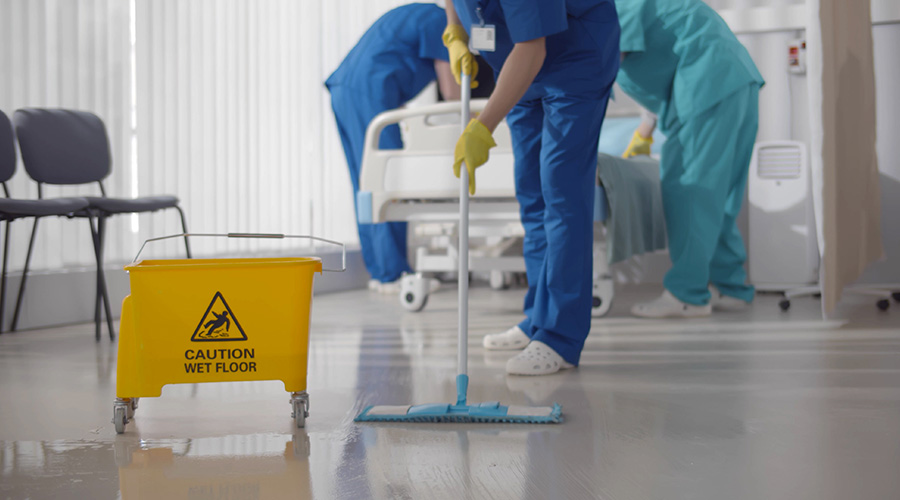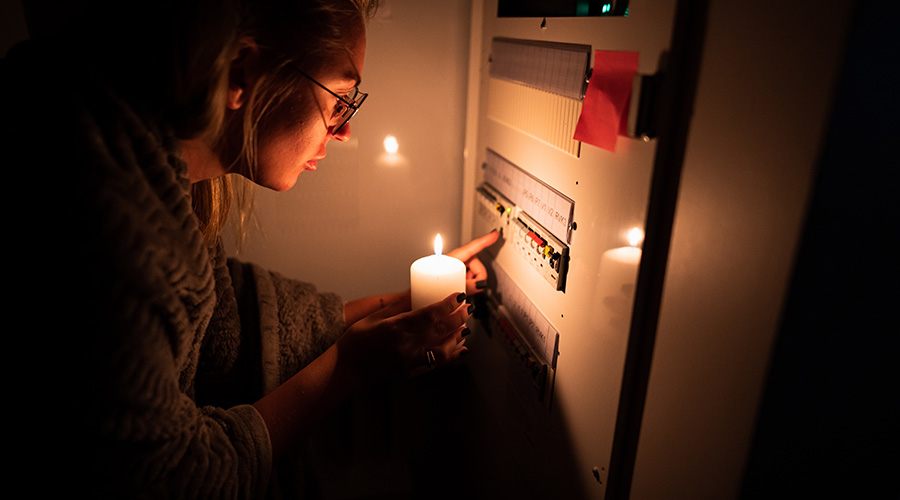Healthcare facilities face mounting pressure to prevent violent incidents before they happen, all the while without impeding operations or overwhelming security teams. As threats grow more sophisticated, so do the tools required to detect them. AI, machine learning and real-time analytics are reshaping traditional CCTV systems and weapons screening from passive observers into proactive, responsive safety solutions.
In this manufacturer roundtable, Healthcare Facilities Today spoke with security technology manufacturers about how AI is transforming surveillance and weapon detection in healthcare settings.
What role are AI, machine learning and real-time analytics playing in improving the accuracy and speed of CCTV monitoring and weapon detection in hospitals?
“AI-powered systems use deep learning to analyze live video streams and detect firearms instantly. In the not-too-distant future, AI will grow beyond object detection and develop behavioral pattern recognition allowing for distinguishing between normal and suspicious activities.”
— Barbara Wood, key account manager, Genetec
“Quite simply, AI is fundamentally changing the game by allowing organizations to easily shift from a passive, forensic tool to a proactive prevention system. And, this is without massive expense, staffing increases or huge procedural changes. With AI-driven visual detection, existing cameras become active sensors that can identify visible firearms in less than a second with very high accuracy.
Related Content: Healthcare Security: To Arm Or Not To Arm?
Once a firearm is detected, automated workflows can immediately notify security staff, trigger automated safety systems (door locks, alarms, notifications) and even escalate directly to first responders. Real-time tools provide actionable intelligence, such as the gunman’s appearance, location and weapon type, giving first responders real situational awareness before they arrive. By cutting response times from minutes to seconds, AI and machine learning allow hospitals to shift to a truly proactive security posture, intervening before shots are fired.”
— Eric Polovich, director of sales operations, Omnilert
“AI, machine learning and real-time analytics are already proving to be game changing factors in improving the efficiency of the weapons detection screening process without sacrificing accuracy. This has the win-win benefit of making healthcare facilities more secure while simultaneously making visitors to those facilities feel less hassled and less impeded.
At the same time, we recognize that in the security industry, discrepancies can literally be a life-or-death issue. It’s essential that weapons detection manufacturers use AI tools to enhance and extend design capabilities to build more power and utility into their products while simultaneously maintaining human supervision and protecting sensitive information.”
— Steve Novakovich, chief executive officer, Garrett Metal Detectors
Jeff Wardon, Jr., is the assistant editor of the facilities market.

 Building Sustainable Healthcare for an Aging Population
Building Sustainable Healthcare for an Aging Population Froedtert ThedaCare Announces Opening of ThedaCare Medical Center-Oshkosh
Froedtert ThedaCare Announces Opening of ThedaCare Medical Center-Oshkosh Touchmark Acquires The Hacienda at Georgetown Senior Living Facility
Touchmark Acquires The Hacienda at Georgetown Senior Living Facility Contaminants Under Foot: A Closer Look at Patient Room Floors
Contaminants Under Foot: A Closer Look at Patient Room Floors Power Outages Largely Driven by Extreme Weather Events
Power Outages Largely Driven by Extreme Weather Events